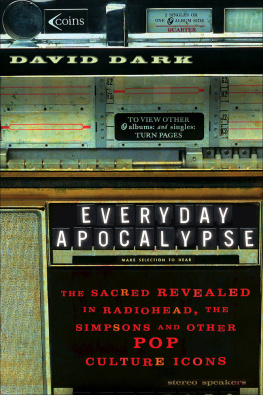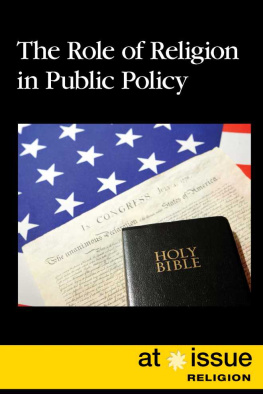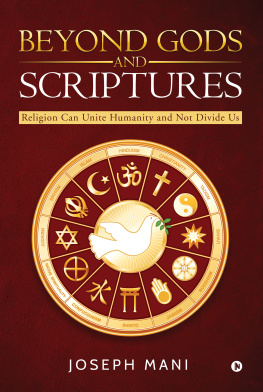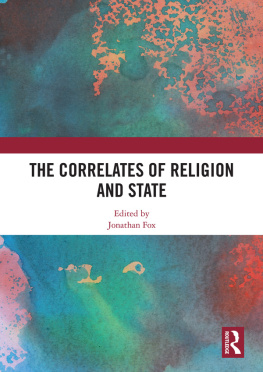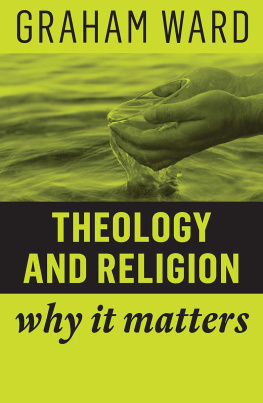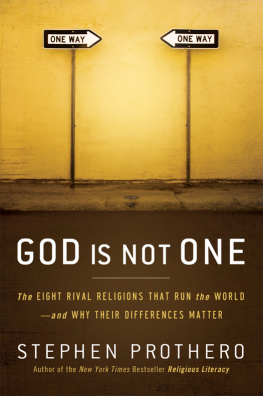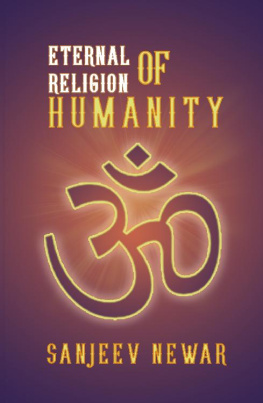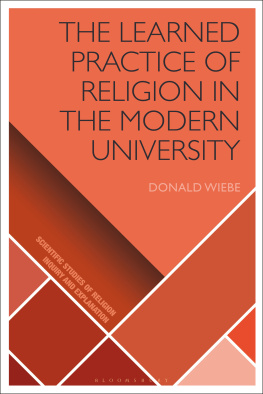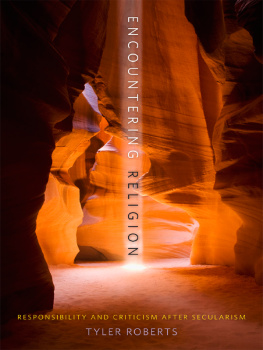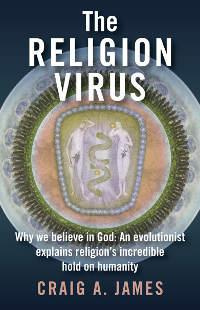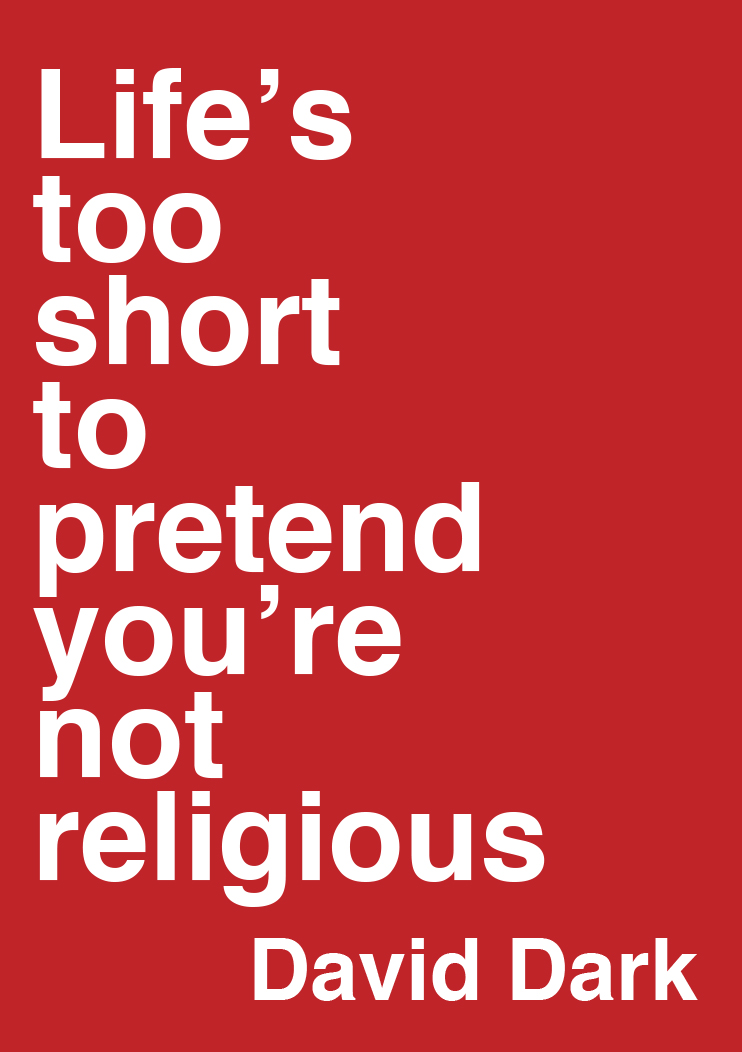
InterVarsity Press
P.O. Box 1400,
Downers Grove, IL 60515-1426
ivpress.com
2016 by David Dark
Published in association with the literary agency of Daniel Literary Group, Nashville, TN.
All rights reserved. No part of this book may be reproduced in any form without written permission from InterVarsity Press.
InterVarsity Pressis the book-publishing division of InterVarsity Christian Fellowship/USA, a movement of students and faculty active on campus at hundreds of universities, colleges and schools of nursing in the United States of America, and a member movement of the International Fellowship of Evangelical Students. For information about local and regional activities, visit intervarsity.org.
All Scripture quotations, unless otherwise indicated, are taken from THE HOLY BIBLE, NEW INTERNATIONAL VERSION, NIVCopyright 1973, 1978, 1984, 2011 by Biblica, Inc.Used by permission. All rights reserved worldwide.
While any stories in this book are true, some names and identifying information may have been changed to protect the privacy of individuals.
Cover design: Cindy Kiple
ISBN 978-0-8308-9942-5 (digital)
ISBN 978-0-8308-4446-3 (print)
Library of Congress Cataloging-in-Publication Data
Names: Dark, David, 1969
Title: Lifes too short to pretend youre not religious / David Dark.
Description: Downers Grove : InterVarsity Press, 2016. | Includes
bibliographical references. | Description based on print version record
and CIP data provided by publisher; resource not viewed.
Identifiers: LCCN 2015036062 (print) | LCCN 2015039352 (ebook) | ISBN
9780830899425 (eBook) | ISBN 9780830844463 (hardcover : alk. paper)
Subjects: LCSH: Philosophical theology. | Apologetics.
Classification: LCC BT40 (print) | LCC BT40 .D37 2016 (ebook) | DDC 230--dc23
LC record available at http://lccn.loc.gov/2015036062
For Rachel Masen
This goes out to those for whom:
Religion is violence backed by divinity.
Religion is a backward step in human evolution.
Religion kills joy.
Religion is why you cant talk to your family.
Religion is the state of being hopelessly stuck.
Religion is brainwash.
Religion is the old relative who cant change his mind and wont change the subject.
Religion is a cage around reason.
Religion is the thorn in the side of common sense.
Religion will not house complexity, mystery, the unknown or contradiction.
Religion represents death of the imagination, invention and seeing yourself in someone else.
Religion is the elaborate disguise for Fear that gets him a seat at the table of survival.
This also goes out to those for whom:
Religion is peace backed by divinity.
Religion is a forward step in human evolution.
Religion gives joy.
Religion is the call to somehow honor and revere your family.
Religion sings songs to the silenced and forgotten.
Religion illuminates the invisible threads of cosmic connection.
Religion is the moral memory of humankind.
Religion is an ancient intelligence summoning us to choose humility over hubris and love over fear.
Religion dresses the wounds of alienation, isolation, oppression, desertion, haste and hierarchy.
Religion is the lexicon of mystery.
Religion brings the dead back to tell stories.
Religion is the library of love and longing, candor and liveliness.
Contents
Introduction
Religion happens
It wasnt their fault, it wasnt her fault. It wasnt even a matter of fault.
Elmore Leonard, The Switch
N O ONE DOESNT BELIEVE IN GOD as much as I do, a slightly intoxicated friend assured me as we huddled together in a busy restaurant one Saturday evening. I knew we were in for an extraordinary conversation. Sometimes this kind of thing comes up when Im asked what I do.
When I could honestly call myself a high school English teacher, my responses generated less heat. Someone might recite Shelleys Ozymandias, recall a beloved teacher or ask for a reading recommendation, but it rarely took a turn for the intensely personal. Now that I work with undergraduates, they want to know what it is I teach, exactly.
Religion.
But what classes?
Bible. World religions.
And now were awash in the prickliest of questionsthe existence of God. The moment my friend asserted his superlative disbelief in God did not come out of the blue. Wed been at it a while on the subject of weird religious backgrounds (his and mine), life after death, music, science and all the different things people say the Bible says. I suspect I surprised him a little when I noted that we read it badly until we learn to read it as a collection and that, wherever one lands on the question of the existence of God, the Bibles likely as good as it gets when it comes to challenging everyday injustice.
He wanted to know if I believed it, and I assured him that I did. But I described my love for the Bible with so many seemingly diverse points of entry that he seemed a little taken aback: Kurt Vonneguts devotion to the Sermon on the Mount, the ethical momentum set in motion within human societies by the prophets, the vision of beloved community in the civil rights movement and my own dependence on the wisdom of my incarcerated students. Before we knew it, we were talking about the power of love, the joys and difficulties of true neighborliness and the long-haul work of human hopefulness. Who would want to be a hater when it comes to these things? Why not pay this busy little book club a visit from time to time?
It was right about then that he felt understandably compelled to drop a clarifying word amid our escalating love fest: Nobody doesnt believe in God as much as I do. Boom. Was it something I said? Can we still be friends?
I was pleasantly stumped and strangely excited. Why the rush to disassociate? Was there a problem? Did he think I was trying to sell him on something? I wasnt looking to keep him on any kind of hook or ask him to sign a statement of belief, but I so didnt want our commonality to end. I wanted him to knowand said sothat he was kin to many a psalmist, poet and pilgrim within the Bible who shared his disbelief. I wanted him to believe that there was still so much we could have a good time talking about. Was there a way I might playfully overcome this defensiveness? How might I keep the frequency open?
Heres what Im up to. I come to you as one bummed out by the way people talk about religion. Be it an online rant, a headline, a news report or a conversation overheard, I feel a jolt of sympathy pain whenever someone characterizes someone else as religious. Its as if a door just got slammed. A person has been somehow shrink-wrapped. Some sweet and perfectly interesting somebody gets left out. And in a subtle, hard-to-get-a-handle-on kind of way, its kind of like someones been told to shut up.
This is the way it goes with our words. When I label people, I no longer have to deal with them thoughtfully. I no longer have to feel overwhelmed by their complexity, the lives they live, the dreams they have. I know exactly where they are insideor forever outsidemy field of care, because theyve been


